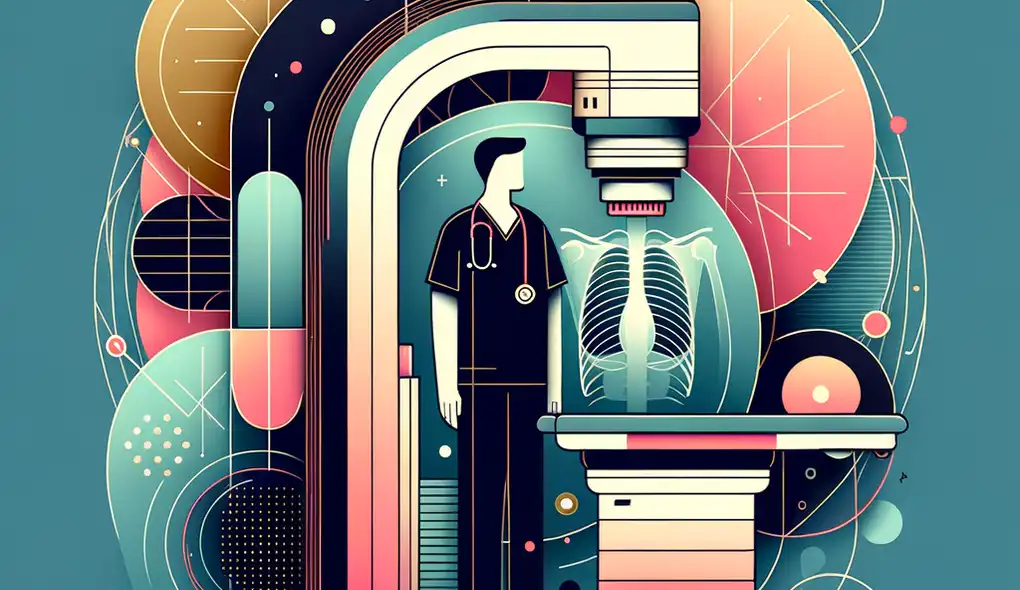How do you provide emergency support for equipment failures in order to minimize disruptions to medical services?
X-ray Equipment Specialist Interview Questions
Sample answer to the question
When it comes to providing emergency support for equipment failures, my main priority is to minimize disruptions to medical services. In such situations, I would immediately respond to the issue by assessing the problem and determining its severity. If it's a minor issue, I would troubleshoot and fix it myself. However, if it's a major problem that requires specialized expertise, I would reach out to the equipment manufacturer or a qualified technician for assistance. Throughout the process, I would prioritize communication with the healthcare staff to keep them informed about the situation and any potential delays. Once the issue is resolved, I would document the problem, the solution, and any necessary follow-up actions to prevent similar incidents in the future.
A more solid answer
In the event of an equipment failure, my immediate response would be to assess the situation and determine the impact on medical services. If it's a critical failure that poses an immediate risk to patient care, I would swiftly escalate the issue to the appropriate stakeholders, such as the radiologists, healthcare administrators, and the equipment manufacturer. While waiting for specialized support, I would collaborate with the healthcare staff to explore alternative options or workaround solutions to minimize disruptions. For less critical failures, I would rely on my technical proficiency to troubleshoot the issue and attempt a quick resolution. Throughout the process, I would maintain effective communication with all parties involved, providing regular updates on the progress and estimated time for resolution. Once the problem is resolved, I would thoroughly document the issue, the steps taken to resolve it, and any recommendations for preventing future incidents. Additionally, I would proactively analyze the failure to identify any patterns or underlying issues that may require further attention. To ensure efficient prioritization, I would utilize my time-management skills and consult with key stakeholders to determine the urgency of each situation.
Why this is a more solid answer:
The solid answer provides a more comprehensive and detailed approach to handling emergency equipment failures. It demonstrates the candidate's expertise in the required skills and abilities by discussing how they assess the situation, collaborate with stakeholders, troubleshoot issues, maintain communication, document the process, and analyze failures. However, it can still be improved by providing specific examples of past experiences related to emergency equipment support and referring to the candidate's knowledge of computer applications and relevant software.
An exceptional answer
When faced with an equipment failure that could potentially disrupt medical services, my primary objective is to restore functionality as quickly and efficiently as possible. I would start by immediately assessing the situation and determining the root cause of the failure. Drawing on my technical proficiency in X-ray machinery and diagnostic imaging systems, I would utilize my problem-solving and analytical skills to identify potential solutions. If it's a mechanical issue, I would rely on my hands-on experience and knowledge of technical manuals to troubleshoot and repair the equipment. For software malfunctions, I would leverage my familiarity with computer applications relevant to equipment maintenance to diagnose and resolve the problem. To minimize disruptions, I would maintain effective communication with the healthcare staff, providing them with regular updates on the progress and expected timeline for resolution. If the issue requires external support, such as contacting the equipment manufacturer or a specialized technician, I would ensure prompt coordination to expedite the resolution process. In addition, I would diligently document the issue, the steps taken for resolution, and any follow-up actions required. By maintaining accurate records and documentation, I contribute to the improvement of maintenance processes and future troubleshooting efforts. To further enhance my emergency support capabilities, I continuously stay updated on the latest advancements in X-ray technologies and attend relevant training programs. This ensures that my knowledge remains current and enables me to identify opportunities for optimizing equipment performance. Overall, my goal is to provide seamless emergency support for equipment failures, minimizing disruptions, and ultimately ensuring uninterrupted medical services.
Why this is an exceptional answer:
The exceptional answer goes above and beyond in providing a comprehensive and detailed response to the question. It demonstrates the candidate's extensive knowledge and expertise in handling emergency equipment failures, showcasing their technical proficiency, problem-solving skills, analytical abilities, effective communication, and meticulous documentation. The answer also emphasizes the candidate's commitment to continuous learning and staying updated on the latest advancements in the field. By addressing each evaluation area and closely aligning with the job description, this answer highlights the candidate's suitability for the role.
How to prepare for this question
- Familiarize yourself with different types of equipment failures and their potential impact on medical services.
- Review your technical proficiency in X-ray machinery and diagnostic imaging systems, ensuring you are up to date with the latest industry advancements.
- Brush up on your problem-solving and analytical skills by practicing troubleshooting exercises and case studies related to equipment failures.
- Reflect on your past experiences handling emergency situations and think of specific examples that showcase your ability to provide effective support.
- Practice effective communication techniques, including providing regular updates and managing stakeholders' expectations.
- Ensure you have a clear understanding of the documentation and record-keeping processes for equipment maintenance and repairs.
- Stay updated on relevant computer applications and software used in equipment maintenance and provide examples of your experience with them.
What interviewers are evaluating
- Technical proficiency with X-ray machinery and diagnostic imaging systems
- Problem-solving and analytical skills
- Effective communication and interpersonal abilities
- Detail-oriented with the ability to maintain accurate records and documentation
- Ability to work independently and as part of a healthcare team
- Time-management skills and the ability to prioritize tasks effectively
- Knowledge of computer applications relevant to equipment maintenance
Related Interview Questions
More questions for X-ray Equipment Specialist interviews